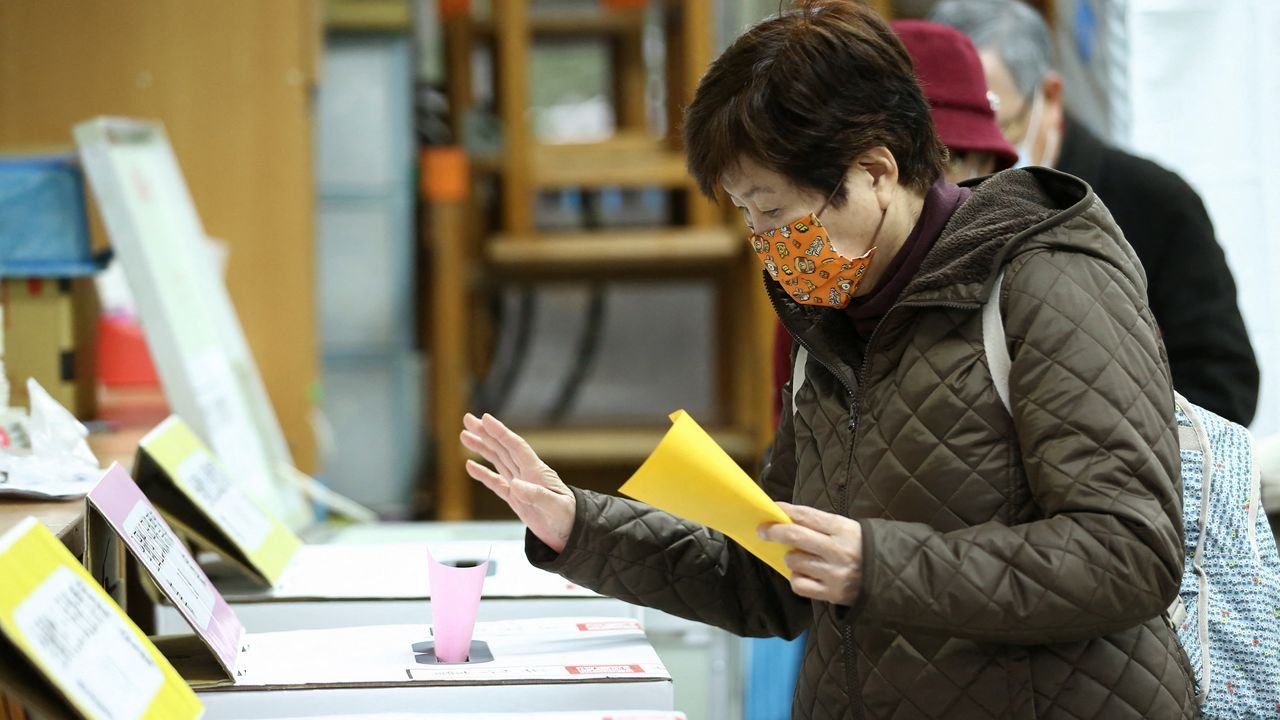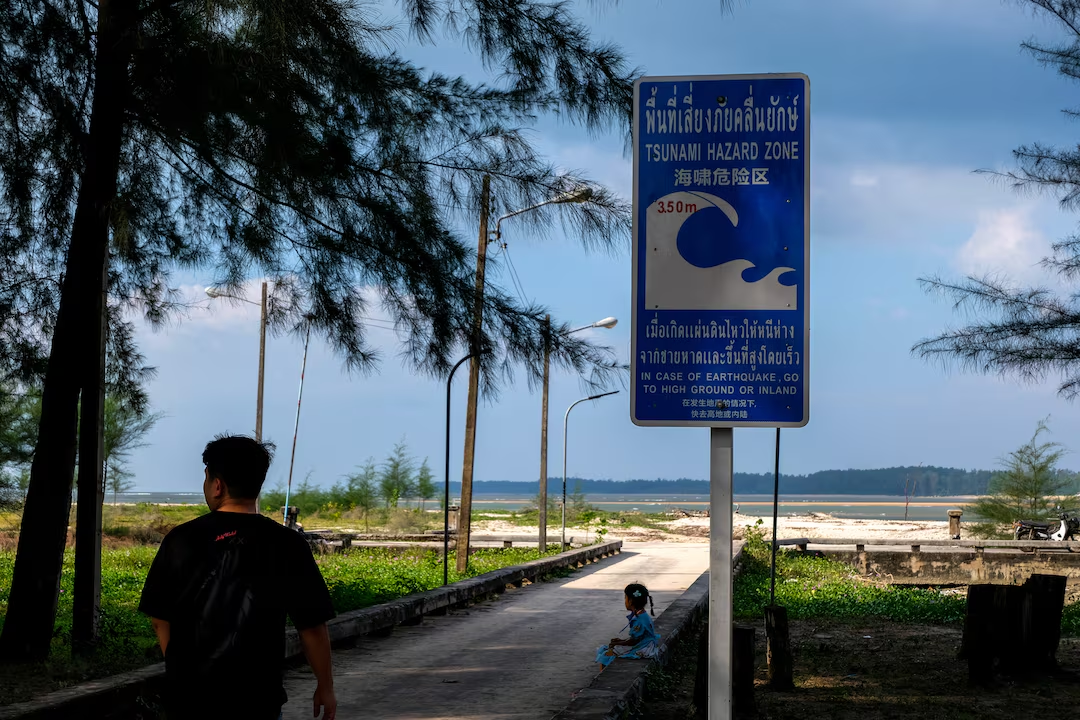In the initial vote counting, Lai Ching-te, the presidential candidate for Taiwan’s ruling Democratic Progressive Party (DPP), has taken a lead, potentially positioning himself to secure victory in an election that China has characterized as a decision between war and peace. Lai, Taiwan’s vice president, secured over three million votes by early evening, leading comfortably ahead of his rivals, although no party has conceded or declared victory.
The DPP, advocating for Taiwan’s separate identity and rejecting China’s territorial claims, is aiming for an unprecedented third term under Taiwan’s current electoral system. Lai’s opponents include Hou Yu-ih of the opposition Kuomintang party and former Taipei Mayor Ko Wen-je of the Taiwan People’s Party.
In the running vote tally reported by Taiwanese media, Hou secured the second position with approximately 2.7 million votes, while Ko had just over two million. In the run-up to the election, China repeatedly labeled Lai as a dangerous separatist, rejecting calls for talks. Lai has emphasized his commitment to preserving peace across the Taiwan Strait and bolstering the island’s defenses.
China’s denunciation of Lai intensified ahead of the election, framing it as a choice between war and peace. Lai, however, reiterated his commitment to peaceful coexistence and has denounced the recent spate of Chinese balloons crossing the sensitive strait as psychological warfare.
The parliamentary elections hold equal significance, especially if no party secures a majority, potentially hindering the new president’s legislative and spending capabilities, particularly for defense. The presidential race and parliamentary elections coincide with the constitutionally mandated end of President Tsai Ing-wen’s two-term tenure.



